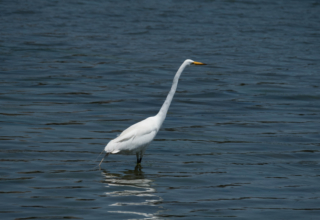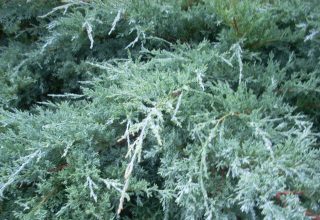
13. One of the benefits of growing older is that we are increasingly able to reflect on our experiences and learn from them. Have you found any patterns of personal behavior no longer useful in your leadership role? Is so, what are these and how have you changed?
Yes. As I answered above, my will has been a driving force in my life, and thus in my work. I used to rely on that intense commitment to success to achieve whatever was necessary given the situation. This was the case certainly when I was in business for myself. I would work harder, longer, smarter, learn more, go the extra mile in order to achieve success. Over the years, and certainly with my divorce, I realized that I could not always control a situation and bend it to my will. It was a good lesson for me. I came to understand that I could never achieve that perfection I always seemed to be in pursuit of. Not only could I not achieve it, but perhaps that’s not the point.
My resignation from the Ama Foundation is an example of this shift. I came to see that although I brought the organization to a wholly new level, I needed to step away and let the board choose direction, rather than push my vision. It was sad to leave what I thought was “my” work, but really, it is the organization and it’s mission that is the work. I’ve divested myself of equating personal achievement with organizational success.
14. What leadership qualities do you most admire in effective leaders that you have known?
I think I most admire patience, and the quality of communicating support and belief in a person… the ability to listen to all sides, to honor where people are coming from. I worked with George Hoffecker in the area of Appreciative Inquiry – which is a strength-based perspective as opposed to a deficit-based approach in promoting positive change. I admire leaders who always remain focused on a goal but not at the expense of the people around them.
Which of these qualities do you believe best describe your leadership?
The ability to see an issue from all angles. Actually, I’d like to develop more patience and the ability to delegate more in a way that says, “I know you can contribute.”
15. What, if any, spiritual traditions or practices do you most draw upon in exercising leadership?
I consider myself non-denominational. I was involved with the Unitarian Universalist community in San Francisco and keep meaning to get myself to become more involved here, but I don’t seem to find it a priority right now. I draw upon the spiritual traditions of many communities. I think religion goes wrong wherever humanity isn’t held to be sacred.
Download Article 1K Club


















